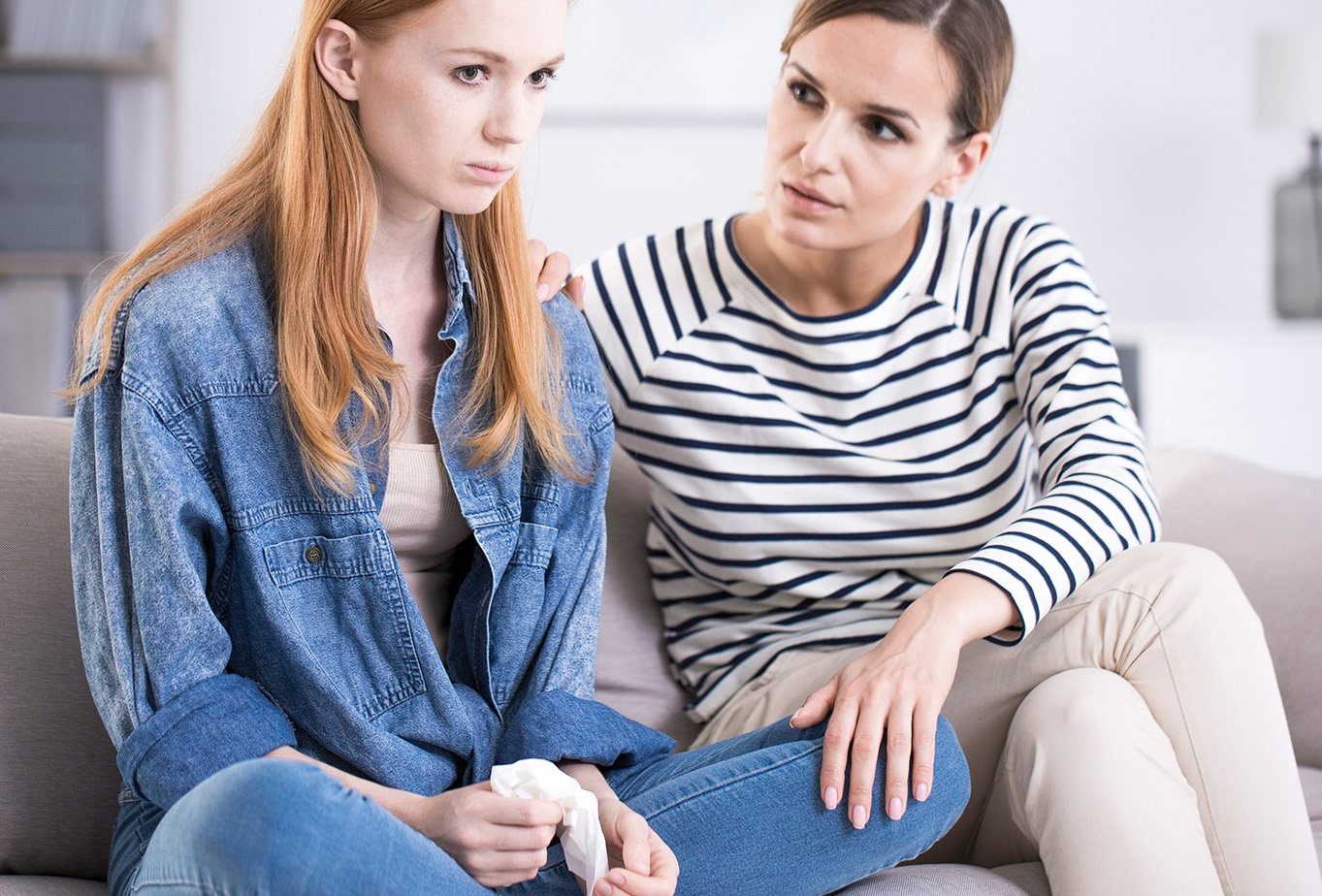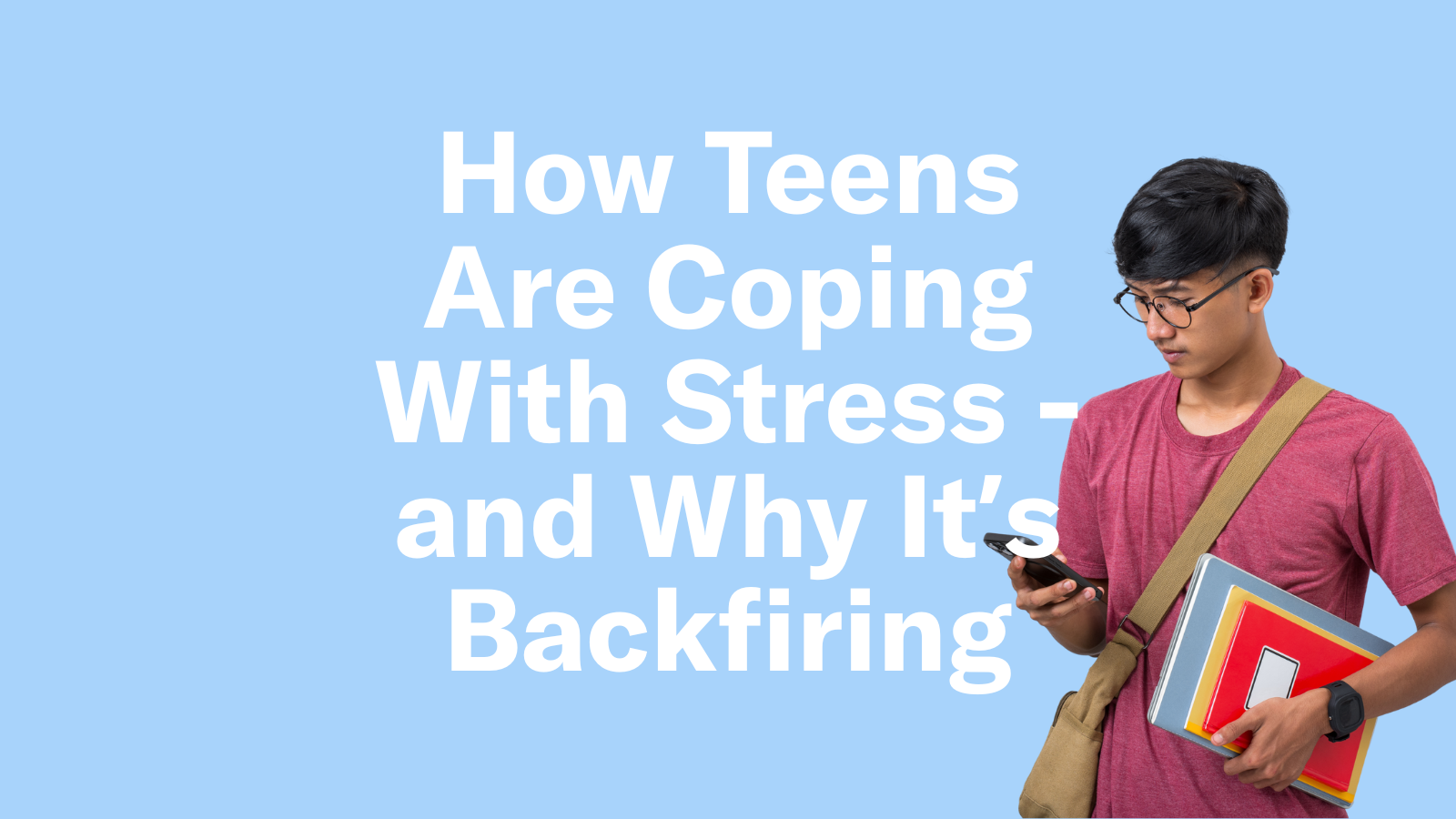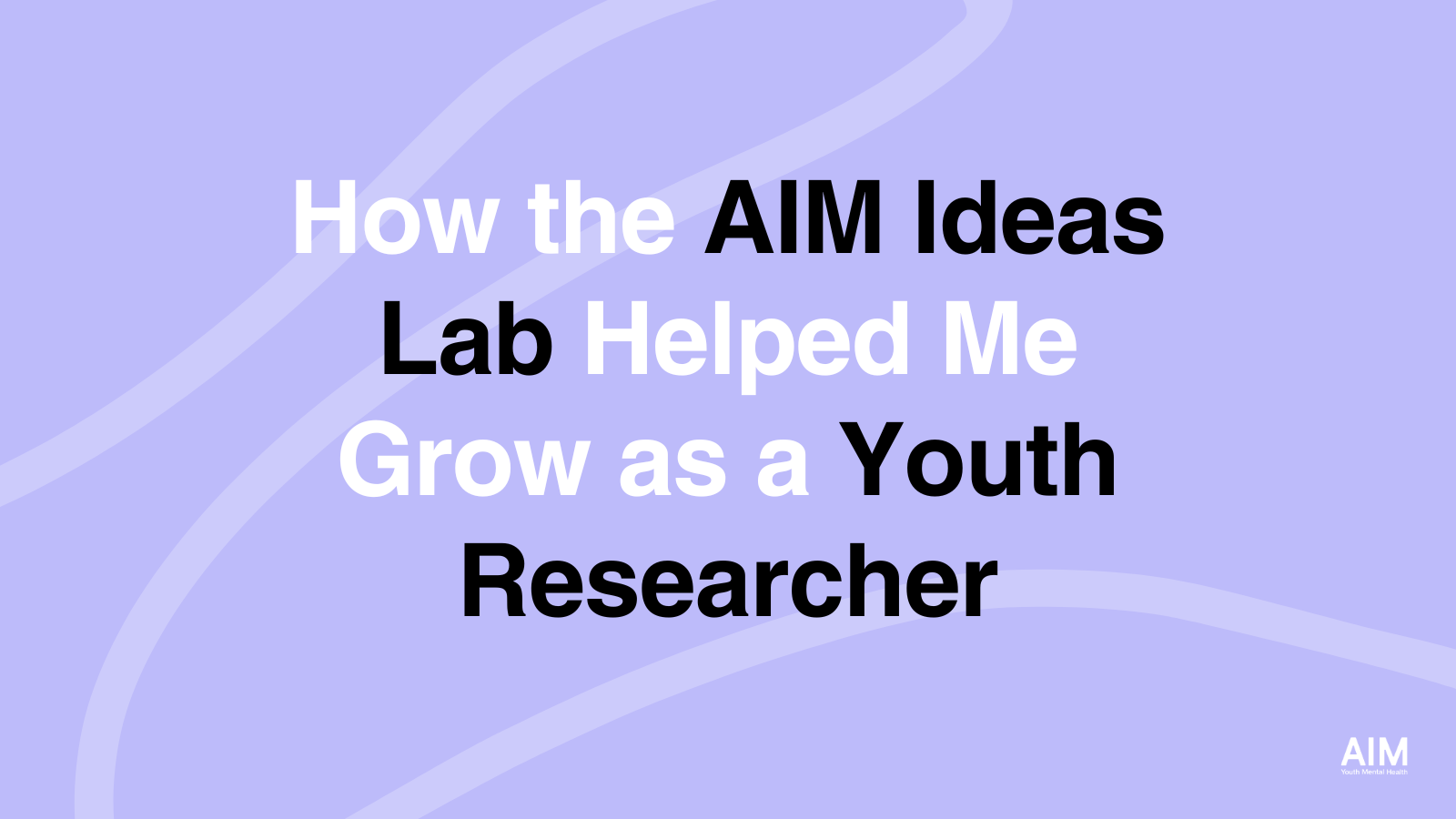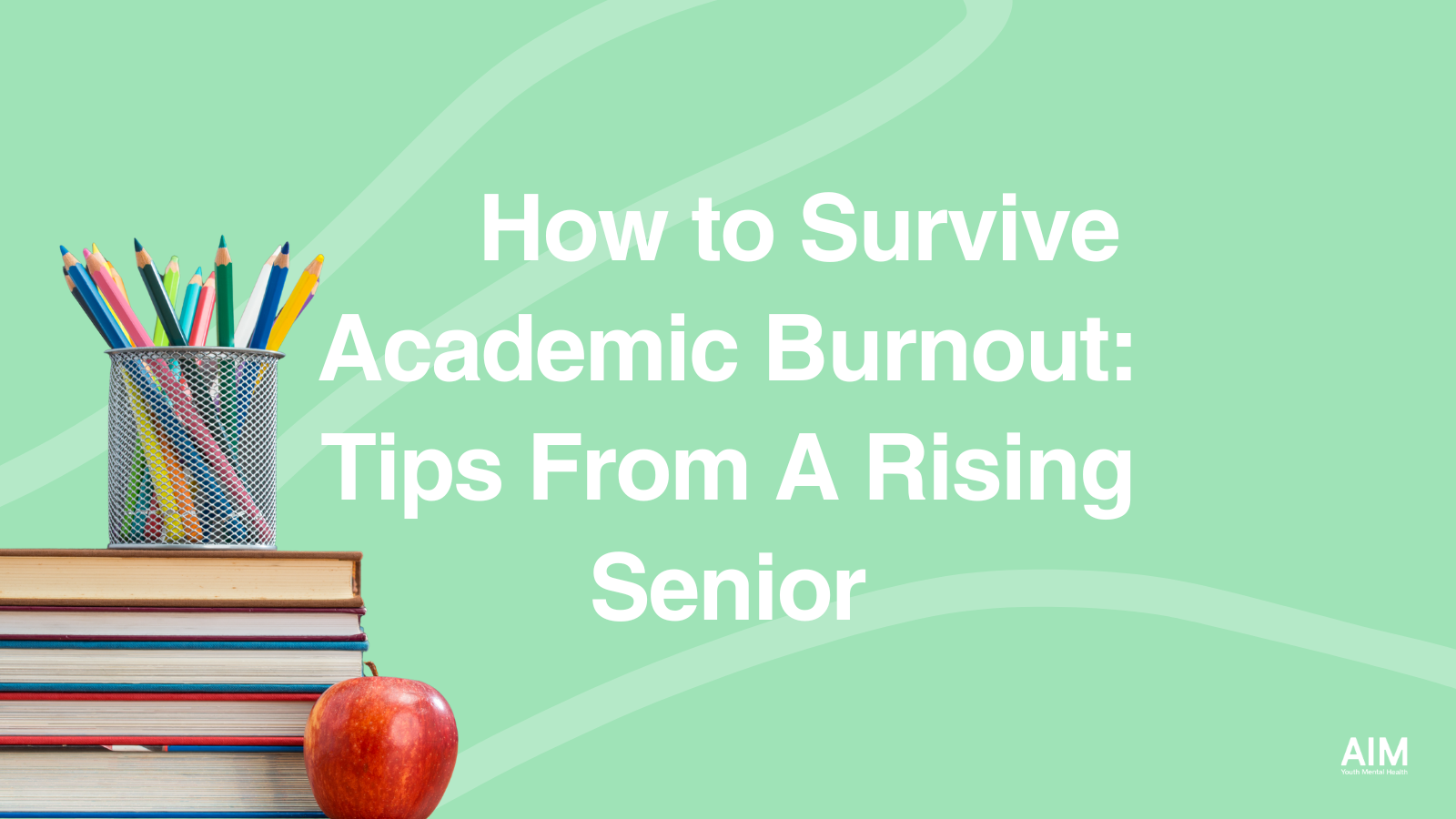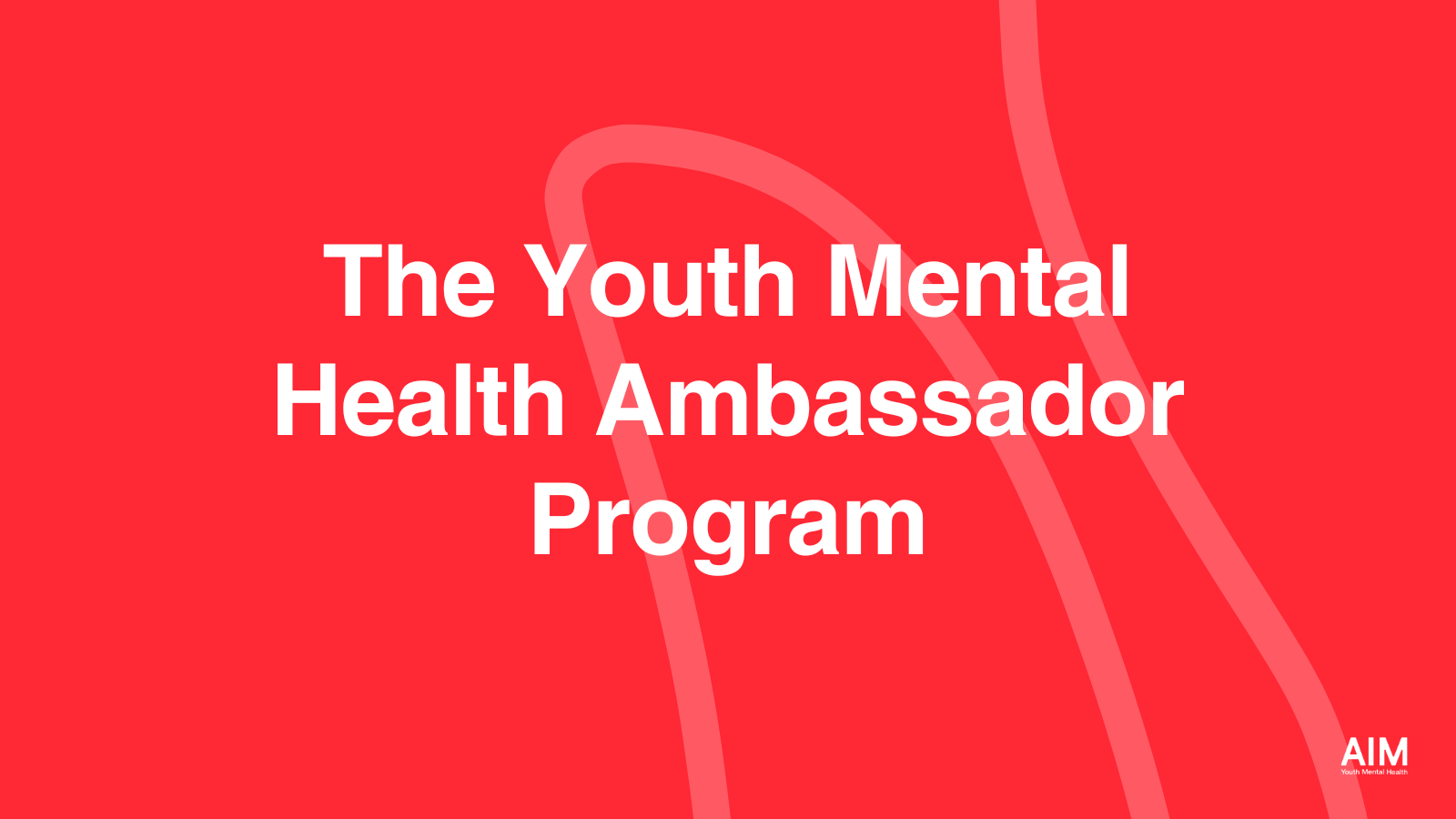Researcher James Lock of Stanford University has found that parents of teens with anorexia benefit from self-help approaches to family-based therapy.
By Jill Suttie
Having an eating disorder like anorexia is a serious problem for teenagers. Refusing to eat or severely restricting food intake wreaks havoc with their health and can be deadly if not treated.
Yet, even with that looming threat, an adolescent with anorexia will have trouble putting on the weight they need to survive. Instead, they often will do anything to avoid weight gain, engaging in excessive calorie-counting, over-exercising, throwing away food, avoiding dinner time, and more.
These are the symptoms of their disease and are painful for parents to observe. Parents of teens with anorexia are often shocked when their otherwise healthy child hits the early adolescence and suddenly becomes food avoidant to the point of starvation. The parents of anorectic teens can feel confused and helpless; they may also blame themselves, thinking they must have done something to cause their child’s problems.

But, this is the wrong approach, says James Lock of Stanford University, an AIM grant recipient, as there is no evidence that parents cause anorexia in their children. Though he recalls a time when clinicians assumed otherwise—thinking that over-controlling, domineering parenting was a key factor in the disease—more and more researchers and practitioners recognize that parents are far from being the problem. Instead, they are an essential part of successful treatment and an important asset in their child’s healing process.
“My research has been focused on family-based treatment [FBT] for 20 something years now, and that turned out to be a very good switch,” he says. “It took a while for the data to pile up and for there to be enough experiences with people using FBT to change how people think about families, but it’s been a huge sea change.”
What helps parents support their children with anorexia
Parents may not need particular skills to help their children, says Lock. But, they do need to understand a few things about their child’s condition and to gain confidence in themselves around getting their child to eat.
First, he says, it’s important that parents recognize that they didn’t cause their child’s disease and that they are not going to be blamed for it. This message needs reinforcement, because there are so many societal messages out there saying that parents are responsible for their child’s mental health problems that it can be hard for parents to let that notion go.
Second, parents need to understand that anorexia is a disease and not assume their child brought in on themselves, he adds. Children with anorexia are not trying to be rebellious or punishing toward their parents. They’ve simply fallen into a set of anxieties, fears, and behaviors that has entrapped them, and they need help getting unstuck.
Third, parents need reassurance that they can learn (with the assistance of a therapist) how to help their child change their eating behavior. Many parents bring their child to therapy after having made several unsuccessful attempts to get their child to eat, and they are left feeling helpless and anxious. Lock says that one goal of treatment to help parents see they already have the skills they need to do what needs to be done. He likens their role in getting their child to eat to that of a nurse giving medications to a patient—someone who doesn’t take “no” for an answer and doesn’t negotiate.
Though other family-based treatments may ask parents to learn particular skills to manage fraught mealtimes, Lock suggests it’s better to instill confidence and let parents find their own way to feed their kids. He emphasizes the need for parents to understand that the difficult behaviors they see in their children are symptoms of a disease and encourages them to stay calm, consistent, and persistent in supplying the cure: food.
“Fundamentally, the problem is not that families don’t know how to feed their child. They’re just hesitant, anxious, and avoidant about potential conflicts and challenges,” he says. “Ours is not a cookbook approach, but more about telling parents, ‘You know what to do. Go ahead and do it.’ That’s what empowers them to make the changes that they know they should make.”
How self-help approaches may help parents help their children
Lock has coauthored a book for parents called Help Your Teenager Beat an Eating Disorder, which is based on his clinical experiences and emphasizes this approach. Recently, he put together an online, therapist-assisted self-help treatment program aimed at parents that uses excerpts from his book, as well as videos of parents, therapists, and former patients discussing aspects of their experiences in treating anorexia.
In the videos, people share how they know about the disease, what they’ve tried to do to encourage more eating, and how different interventions worked for them. The program also includes a weekly 15-20-minute meeting with a trained therapist, who helps parents process what they’ve read and seen so they can use it to aid their own child.
In a randomized, control trial (the gold standard of research), Lock and his colleagues compared the self-help treatment program to a standard, online FBT involving the whole family and including hour-long sessions with therapists. They found the self-help program to be as effective as the standard treatment program at increasing weight in anorectic children, and the weight gains lasted up to three months after treatment finished. The self-help program also had comparable retention rates for families, even though it involved significantly less therapist time.
This finding is encouraging to Lock, as it shows that self-help may be a successful tool for parents of teenagers with anorexia.
“The bias of therapists and of professionals is that we know best, and more of us is better, and the best treatments are the ones we do,” he says. “I have been unlearning that bias my whole career.”
Having an alternative, self-help family treatment program that works well would be very good news, because traditional FBT can be costly, and there are not nearly enough trained therapists around to meet the need, says Lock. Online materials (which are easy to distribute widely) and videos featuring top therapists in the field (who know exactly how to address parents in this situation) are potentially a cost-effective, convenient way to help parents help their teens.
“If there are people who can learn to support their kids without as much professional help, that’s a great boon,” he says. “It allows people to have care that they otherwise couldn’t get and will prevent down the road impacts of not getting care, which are pretty horrible.”
Still, Lock cautions that larger studies are needed to show that his program is actually working as well as it seems to be. Meanwhile, he continues to innovate around FBT, using money from AIM to explore further self-help approaches. Currently, he’s conducting a study in the U.S. (which is being replicated by others in Australia and Canada) to see if parents waiting to get treatment for their kids with anorexia can benefit from some self-help before even meeting with a therapist.
In the study, parents are being randomly assigned to read his book or to read his book and watch the videos described above during the pre-therapy waiting period. Their children will be monitored to see if there are any changes in their weight (hopefully, weight will increase) or changes around their irrational thinking about eating (a symptom of the disease). Lock hopes that by getting a head start on embracing the family self-help treatment model, he may be able to put kids on the road to recovery sooner than later.
Though results are not yet in on those studies, Lock is hopeful, given past research and his own clinical experiences working with parents. He believes that it’s important to have faith in what parents can do for their kids when they’re given correct information about what their kids are going through and some focused encouragement.
“If given the right tools and support, it’s amazing what families can do and will do to help their children,” he says. “I’m always learning the same lessons, which is, ‘Don’t underestimate families.’”
______________________
About the Author
Jill Suttie, Psy.D., is a free-lance journalist and a staff writer and contributing editor for Greater Good, an award-winning online magazine published by the University of California’s Greater Good Science Center. A psychologist by training, her articles cover scientific research aimed at uncovering the keys to individual wellbeing and a more compassionate society. She also records music and has two CD’s of original songs that can be heard and purchased on her personal website: jillsuttie.com.
